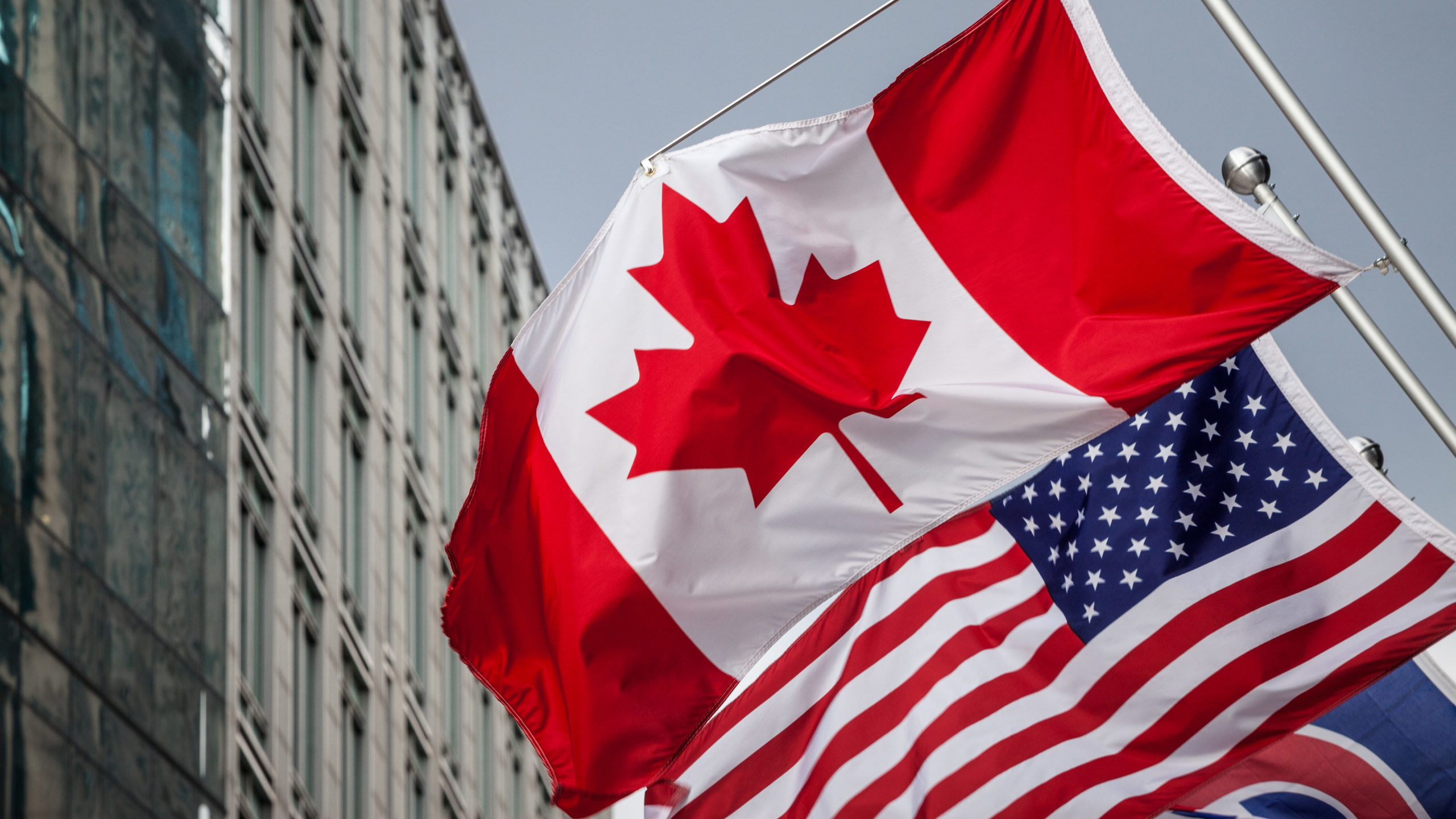
It should be obvious that in a world where Russian President Vladimir Putin is widely assumed to be behind the August poisoning of that country’s opposition leader, Alexei Navalny, that perhaps liberal democracies should stick together.
This should be especially relevant on matters related to energy. After all, oil and natural gas exports are one way in which autocracies pressure nearby countries and their political class to avoid criticizing Moscow too often or too publicly.
Using energy exports as a weapon is exactly what Russia has been doing for more than a decade. In 2009, Russia cut off the natural gas supply to Ukraine in mid-winter, ostensibly over a pricing dispute, but in reality it was an attempt to control Ukraine.
That example and others are why some German lawmakers, including the head of the parliamentary committee on foreign affairs, wants a nearly complete Russian natural gas pipeline (Nord Stream 2) that deadheads in Germany, cancelled.
Unlike some German politicians who want a pipeline killed because they fear Germany will become overly reliant on an autocracy that targets political opponents with a death sentence, some American politicians target pipelines from a friendly nearby liberal democracy—Canada.
Thus, one of the first acts from new American President Joe Biden was to cancel the presidential permit for Keystone XL. Meanwhile, Michigan Gov. Gretchen Whitmer has been trying for months to kill off Line 5, a pipeline that has been delivering oil and natural gas liquids since 1953.
That pipeline, which owner Enbridge wants to make even more safe (there have been no spills in seven decades) by rerouting and encasing in cement 100 feet under Lake Michigan, is nonetheless the latest target of anti-oil and gas activists and a minority of American politicians.
Reality check: Americans and Canadians are better served by continuing policies which have served both countries well since at least the 1973-74 energy crisis. (That’s when OPEC cut off oil flows to the U.S. in response to pro-Israel policy, cut production, and sent oil prices soaring by 300% in five months, damaging the American economy.)
Friendly and complimentary Canada-U.S. policy is in part why—long before the U.S. could extract oil and natural gas in volumes high enough to reach virtual energy independence—total energy flows between the two nations have been worth nearly $2 trillion since 2000: because Canadian oil helps keep the American economy humming and natural gas helps keep American homes warm.
Between 2000 and 2019, much of that trade flow, over $1.6 trillion, came from the oil and natural gas that crossed (both ways) across the Canada-U.S. border.
There are other energy products that made their way across the border (refined petroleum and other liquids at $253 billion; electricity at $69 billion, coal at $20 billion, and nuclear fuel at nearly $19 billion) but it is mostly the transborder trade in oil and natural gas that powered economies on both sides of the border and kept homes warm.
To use one example from Line 5, as the Michigan-based Mackinac Center think tank points out, the pipeline provides nearly 65 per cent of the propane needed to heat 330,000 homes in Michigan’s Upper Peninsula, propane used to “heat their homes during Michigan’s frigid winters.”
The Mackinac Center notes how, absent Canadian natural gas through Line 5, those 330,000 Michigan homeowners would have to spent US$25,000 ($31,700 Canadian) to convert their home heating from propane to electric. And after that, they’d pay another US $3,500 ($4,400 Canadian) in extra heating costs every single year.
The value of the energy trade flow is weighted to Canada’s exports. Out of $138 billion in energy products shipped in 2019 for example, roughly four-fifths were from Canada to the United States (about $112 billion). In reverse, American exports to Canada tallied up to about one-fifth ($26 billion) of the total energy trade that year.
Of note, Texas and North Dakota shipped $9.6 billion and $3.5 billion worth of oil into Canada in 2019; on natural gas, Michigan sent nearly $1.5 billion in gas north to Canada with New York ($517 million) also sending a significant amount north.
Whether measured in dollar terms in trade or in homes heated in a state like Michigan, the U.S-Canada energy trade is significant. It takes place between two countries which are both liberal democracies and whose last war took place over two centuries ago. Thus, it’s not as if Canadian companies are going to shut off natural gas supplies to the USA mid-winter (see: Russia vis-à-vis Ukraine in 2009), or cut off oil shipments to Americans akin to OPEC in 1973.
Friends—especially friendly liberal democracies—don’t let their politicians attack each other. All that does is help our non-liberal competitors.
Mark Milke and Lennie Kaplan are with the Canadian Energy Centre, an Alberta government corporation funded in part by carbon taxes. They are authors of the report, Nearly $2 Trillion in Energy Trade Flows between Canada and the United States: Trends from 2000 to 2019